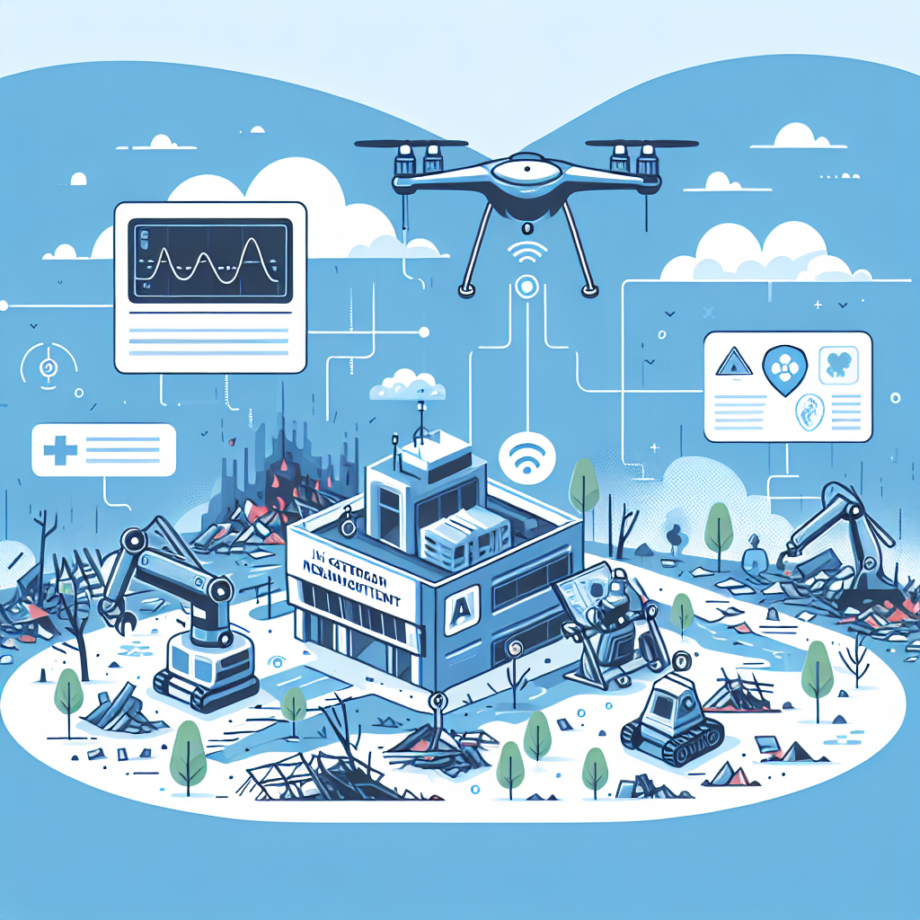
Introduction
Artificial Intelligence (AI) has emerged as a pivotal tool in various sectors, and its role in disaster management is particularly significant. The integration of AI in this field is revolutionizing the way organizations prepare for, respond to, and recover from disasters.
Enhancing Disaster Preparedness
One of the primary roles of AI in disaster management is in enhancing disaster preparedness. Through predictive analytics, AI can analyze vast amounts of data to forecast potential disasters. This can involve:
- Data Analysis: AI algorithms can process historical data, weather patterns, and geographical information to predict when and where disasters might occur.
- Risk Assessment: AI can help identify vulnerable areas and populations, allowing for targeted preparedness strategies.
Improving Response Times
During a disaster, response time is crucial. AI can significantly improve response times by:
- Real-time Data Processing: AI systems can process real-time data from various sources, including social media, sensors, and satellite imagery, providing responders with timely and accurate information.
- Resource Allocation: AI can optimize the allocation of resources by predicting where help will be needed most, thus ensuring that aid reaches affected areas quickly.
Supporting Decision-Making
AI is also instrumental in supporting decision-making during crises. Through machine learning algorithms, AI can anticipate outcomes based on different scenarios, providing crucial insights that help leaders make informed decisions.
Case Studies of AI in Action
1. Flood Prediction and Management
AI models have been developed to predict flooding events by analyzing data from weather forecasts, river levels, and historical flooding.
2. Earthquake Response
AI can analyze seismic data to quickly determine the impact of earthquakes, aiding emergency services in prioritizing affected areas.
Challenges and Considerations
While AI has immense potential, there are challenges that must be addressed:
- Data Privacy: The use of personal data in AI systems raises privacy concerns.
- Algorithm Bias: AI systems must be carefully designed to avoid biases that could lead to unequal support distribution.
Conclusion
The role of AI in disaster management is expanding rapidly, offering opportunities to improve preparedness, response, and recovery efforts. As technology continues to evolve, it is essential to navigate the associated challenges to harness AI’s full potential effectively.
